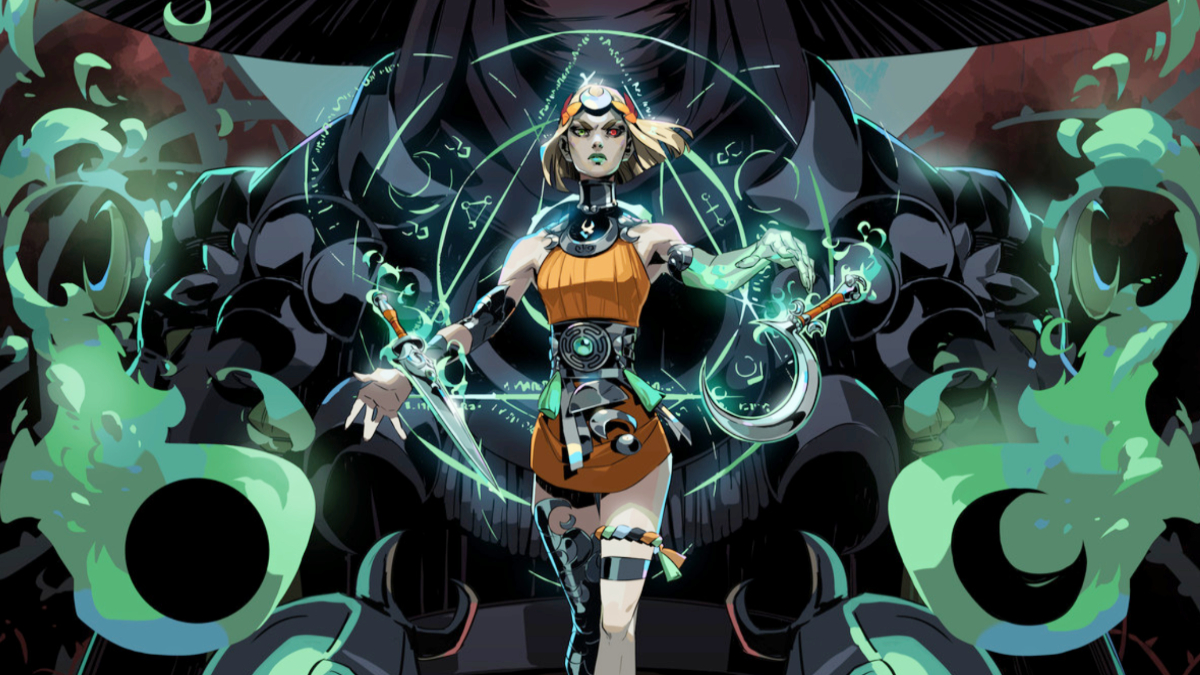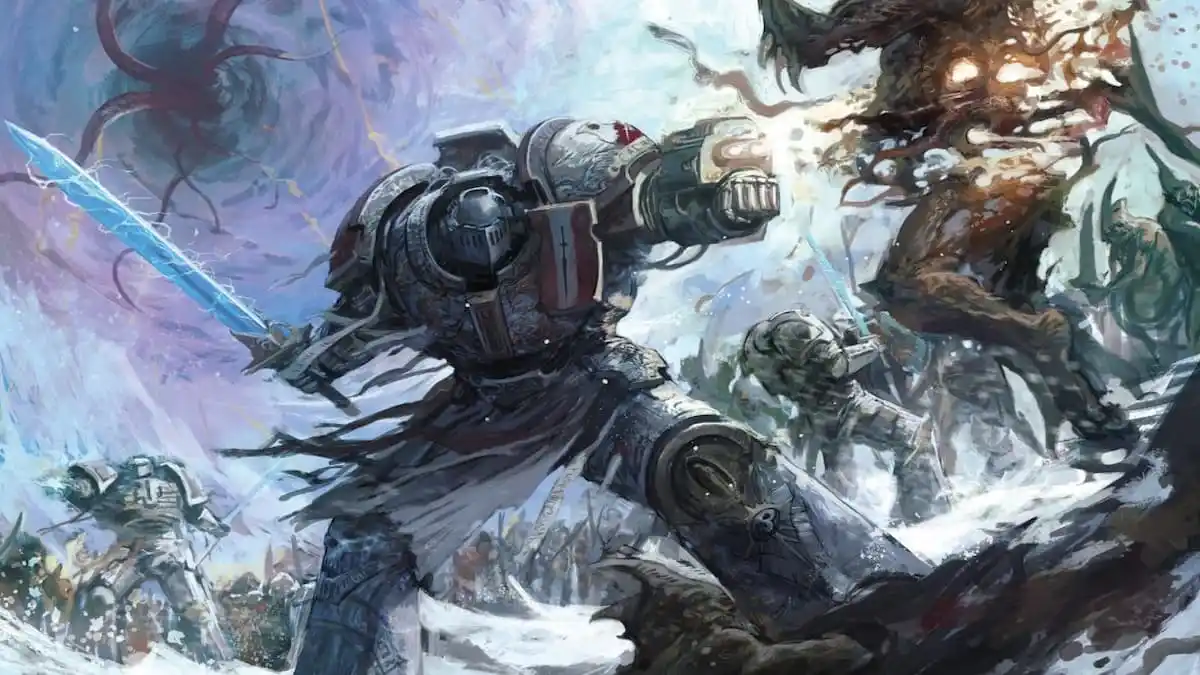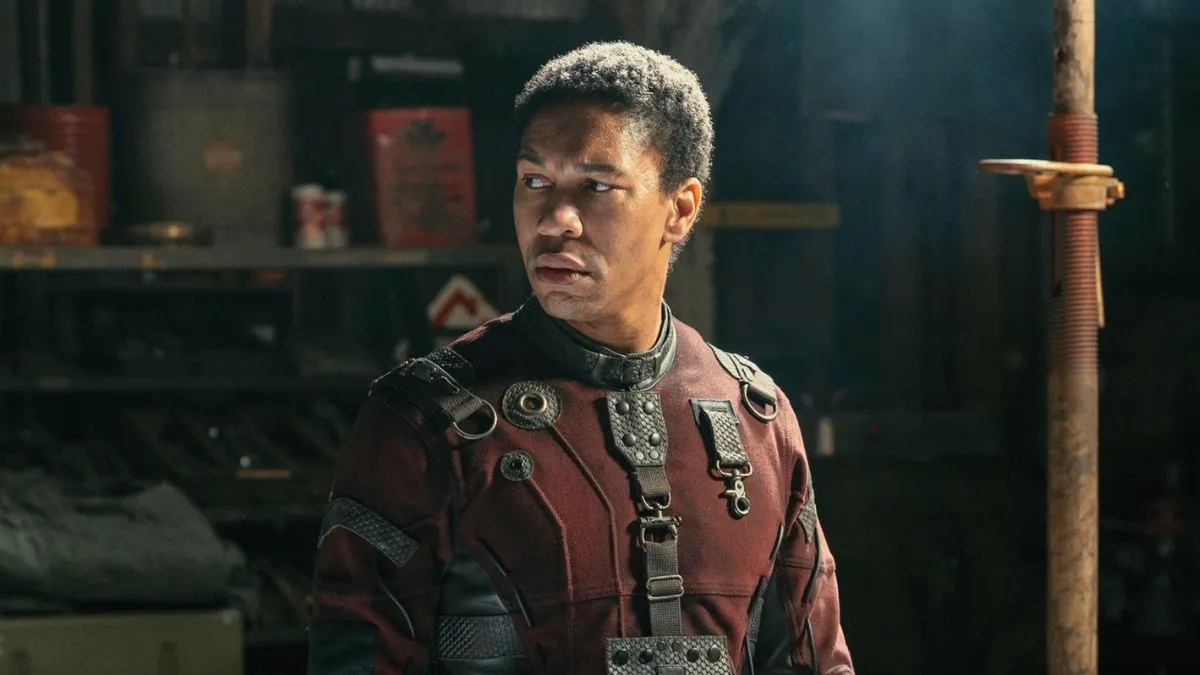Piracy is one of the most complex issues facing the industry, particularly on the PC platform. It is impossible to know to what extent it affects sales, and whether it is an indictment of an industry in trouble or a cause of that trouble is equally debatable. Ubisoft, however, are claiming that piracy rates of 93-95% are driving them to explore the free-to-play model which allows them to “gain revenue”.
Ubisoft boss Yves Guillemot revealed this alarming figure in an interview with GamesIndustry International, where he compared the rate of those paying to expand their free-to-play experiences to that of people paying, as opposed to pirating, the game:
“The advantage of F2P is that we can get revenue from countries where we couldn’t previously – places where our products were played but not bought. Now with F2P we gain revenue, which helps brands last longer.
It’s a way to get closer to your customers, to make sure you have a revenue. On PC it’s only around five to seven per cent of the players who pay for F2P, but normally on PC it’s only about five to seven per cent who pay anyway, the rest is pirated. It’s around a 93 to 95 per cent piracy rate, so it ends up at about the same percentage. The revenue we get from the people who play is more long term, so we can continue to bring content.”
The sceptic in me can not swallow predicted piracy rates of that magnitude without questioning the data. At a stretch, I could understand those rates in one or two isolated instances in countries where the game wasn’t available for purchase or the incredibly restrictive always online DRM meant that genuine purchases simply weren’t feasible.
But as a figure to be thrown out without anything in the way of context or evidence, it is quite frankly absurd. Developers have reported such figures in the past, World of Goo for example suffered incredibly high rates of piracy, but they were backed by data and came from people who seemingly understood that the percentage is not necessarily indicative of the amount of ‘lost’ sales.
Let us not forget that Ubisoft have often heralded their DRM as preventing much in the way of piracy. In the past going so far as to claim, despite the facts, that their DRM has never been cracked. If the much-loathed DRM has solved piracy then those rates are not only absurd but downright impossible, so somewhere along the line there has been a misunderstanding, a manipulation of some figures or, quite possibly, a few completely unfounded fabrications.
Ubisoft simply aren’t suited to the PC market, they don’t seem to understand it. Changing Uplay into a digital distributor demonstrates this, as does their steadfast approach to increasingly restrictive DRM and the various delays and poor ports that they inflict upon the platform. Piracy is an issue, and it is one that the industry needs to address, but claims like this do nothing but obfuscate the matter.
Adopting free-to-play is perhaps the least offensive ‘solution’ Ubisoft have ever come up with, and I would encourage you all to read the original interview for some interesting asides away from the piracy claim. However, until I see the data I am personally struggling to see past this questionable figure, particularly coming from one of the main advocates of DRM.







